Experience authentic Ayurvedic healing in the heart of Rishikesh.
Apply Now
The Vedic Yoga and Ayurveda Centre is your sanctuary for authentic Ayurvedic healing in Rishikesh. Here, you can experience the benefits of this timeless Ayurvedic science in the serenity of the Himalayas.
Our Ayurvedic retreats, therapies, and Panchakarma detox programs help you restore balance, vitality, and inner peace through the ancient wisdom of the Himalayas.
Ayurveda teaches that true health arises from harmony between body, mind and energy, which leads you closer to your inner Self - the Source of all your healing. Through personalised treatments, Ayurvedic diet and lifestyle guidance, you rediscover your natural rhythm to experience your wellbeing.
At our Ayurvedic wellness centre in Rishikesh, we offer more than therapies—we provide ways to help you transform your life. Whether you seek stress relief, improved energy or deep rejuvenation.
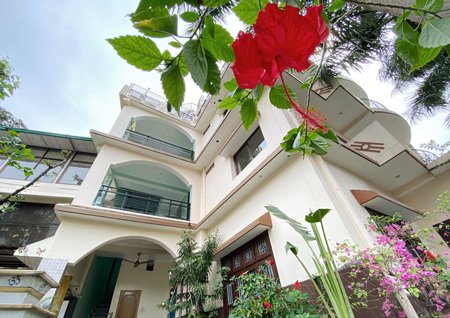
Located on the banks of the sacred Ganges River in the Himalayan foothills, our peaceful environment allows you to release tension and return to a greater sense of calm, with heightened awareness. Choose from our wide range of programs that are offered
Our Panchakarma treatment in India is one of the most thorough healing experiences of Ayurveda. Using traditional herbal oils, therapeutic massage, and time-tested cleansing techniques, Panchakarma gently eliminates toxins and restores internal balance.
This complete Ayurvedic detox program strengthens immunity, enhances mental clarity, and renews your energy.

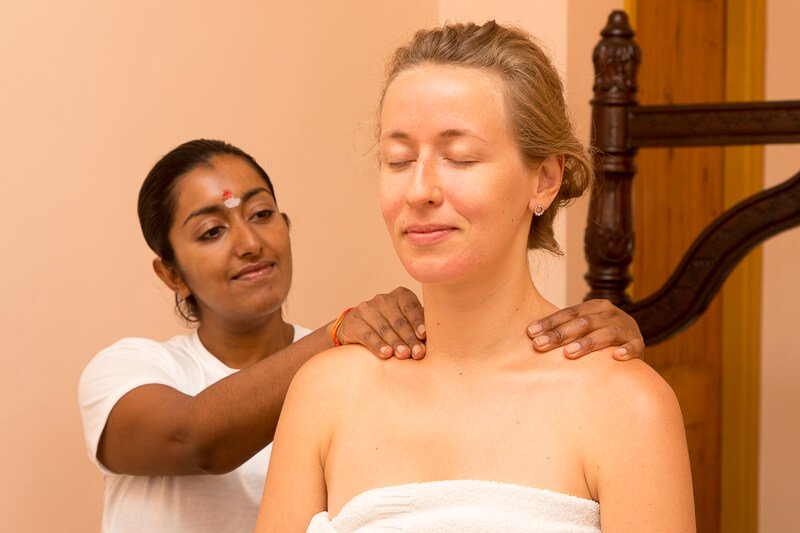
Our Ayurvedic massage therapies combine warm herbal oils with ancient techniques to stimulate circulation, ease tension, and nourish the tissues. These therapies promote relaxation while balancing the body's vital energies.
Diet plays an essential role in Ayurveda. The meals during your treatment are prepared with great care by our family, based on the recommendations of the doctor and our therapists.
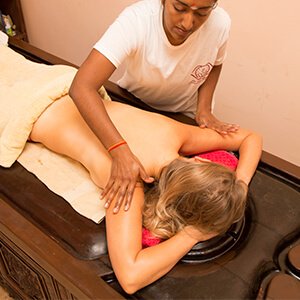
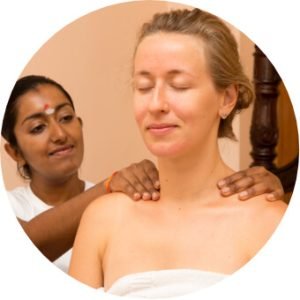
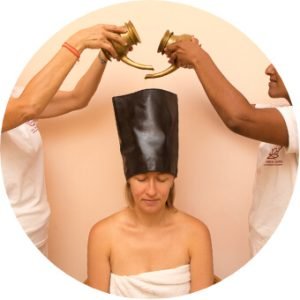

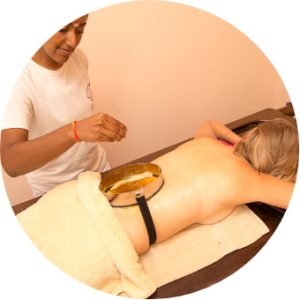
Surrounded by the Himalayan mountains and the sacred River Ganga, our ashram in Rishikesh offers residential yoga courses and authentic Ayurvedic therapies provided by experienced teachers and therapists. Guests often share that this place feels like home—a sanctuary where they experience compassion along with discipline. Day by day, they feel a gradual freedom as stress is lowered, awareness deepens, and joy begins to return.
The teachings of our programs are drawn from the Himalayan tradition and the continuity of our team’s lineage and their direct experiences, ensuring authenticity in every course.
If you are searching for a Yoga & Ayurveda Retreat in Rishikesh, or a Kundalini Kriya Course for deeper understanding, you can begin your journey here. Meditate by the Ganges, experience the stillness of nature from the surrounding mountains, and allow the daily practices to guide you inward.
Through our Ayurvedic rejuvenation treatments, you will feel calmer and revitalised. Each session combines various therapies and herbal remedies, combined with adequate rest to help your body return to its natural rhythm.
These programs are particularly useful for individuals needing to reset after physical or emotional trauma.
Guests often describe the experience as both healing and awakening—a journey back to a state of stillness and simplicity.
COMPLETE AYURVEDA RETREAT IN RISHIKESH
Join a complete Ayurveda retreat in Rishikesh for a total mind-body restoration.
All our retreats include a variety of Ayurvedic therapies tailored to your personal needs, as well as yoga sessions, meditation, and nourishing Ayurvedic meals.
You'll learn to live in alignment with nature through Ayurvedic philosophy and daily yoga practices guided by experienced teachers and therapists.
This combination of Yoga and Ayurveda in Rishikesh offers a holistic path toward physical health, mental clarity, and spiritual growth.
Your pathway to healing starts now. Whether you come for a Panchakarma retreat, healing Ayurveda program, or short wellness stay, your program will be crafted with warmth and sincerity. Discover how Ayurveda can bring you back to your natural state of harmony, clarity and peace.
Experience the combination of Yoga and Ayurveda at the Vedic Yoga Centre—where ancient Himalayan wisdom continues to help overcome the challenges of modern living.

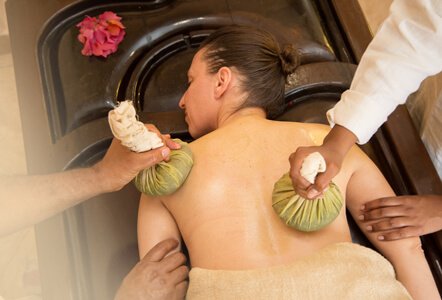






Enter your email below
© 2025 Vedic Yoga Trust®. All rights reserved.